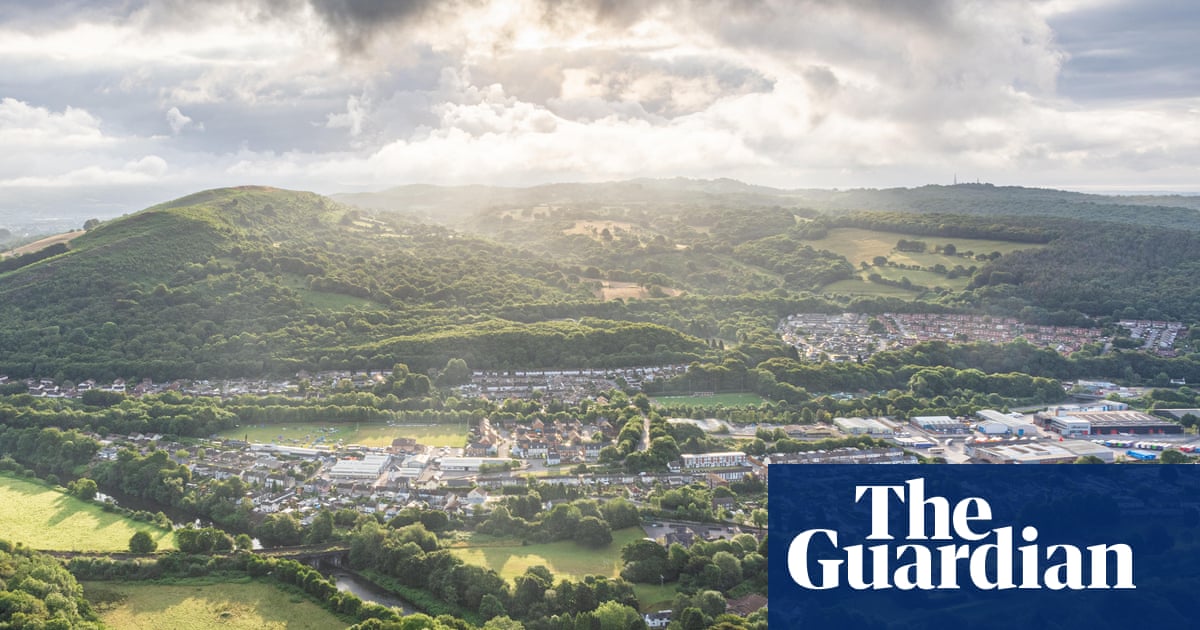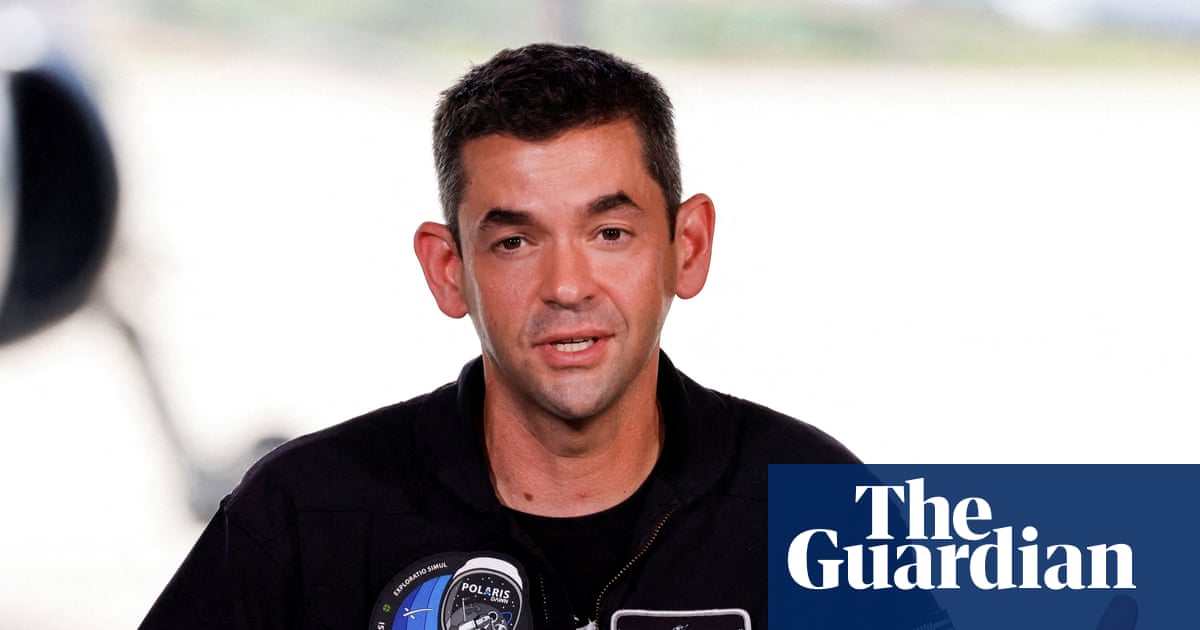Zack Polanski’s sweeping victory as leader of the Green party opens significant opportunities for the Greens and the left more generally, as both the Guardian editorial (2 September) and George Monbiot recognise (Labour has succeeded only in strengthening Farage. The way is now open for Zack Polanski’s Greens, 3 September).
Polanski himself lays out his core policy story and says his party’s “central mission” is to turn its 40 second-place finishes in 2024 into Green MPs at the next election (This is the Green party’s moment – not Farage’s. As leader, I’ll offer real solutions to Britain’s problems, 2 September). But to get there he has to build popular movements and shed populist slogans. He’ll have to choose between grandiose rhetoric and realistic politics.
As Monbiot says, the Greens offer “a deep and thoughtful agenda” and could end up “holding the balance of power”. But, whatever gains they and the Jeremy Corbyn-Zarah Sultana party make, over the next few years the crucial priority for all progressives will be to halt and reverse the rise of the Farage right. That will require a popular front across the progressive spectrum. Only the blinkered will fail to see the need to work together wherever possible and direct their firepower against the main danger.
Jon Bloomfield
Co-author, The Little Black Book of the Populist Right
I was intrigued by George Monbiot’s article. When it came to the Greens’ manifesto, almost every proposal was what I had hoped to see in the Labour party’s manifesto. Some aspects of it were very ambitious, such as introducing a fairer voting and party funding system or a more redistributive tax settlement, but overall it made me think twice about whom I would be voting for in the next election, although I have been a lifelong Labour supporter.
Martyn Brewster
Nottingham
Reading or watching the news has become a major challenge for optimists, so it was heartwarming to put the Guardian down with a feeling of real hope. Zack Polanski and George Monbiot are both word-perfect in assessing not only the danger posed by Nigel Farage and the failure of Keir Starmer to address Britain’s systemic problems, but in providing a vision that offers real change.
Hopefully, the Greens can attract disenchanted Labour MPs to join them so they are joined in parliament by experienced MPs. They will also need to respond positively to the billionaire press, which will attack them relentlessly.
Geoffrey Payne
Ealing, London
Andy Beckett (Authoritative to authoritarian: rightwing radicalisation is blurring the Conservatives’ political red lines, 5 September) talks of a changing political landscape that is “pushing the Green party to the left”, presumably a nod to the election of the “ecopopulist” Zack Polanski as party leader.
Anyone who has glanced at Green party election manifestos over the last 20 years will be aware that it has been the UK’s only constant proponent of leftwing ideas over that time. Examples include championing the nationalisation of railway, water and energy companies, increasing taxation of well-off people to fund services for all, costing its ideas on how to tackle the climate crisis and propounding the sensible idea that we will have to measure success by something other than economic growth.
The Green party hasn’t been pushed anywhere. It has always been a socialist party.
Mark Gretton
Hull

 1 month ago
47
1 month ago
47

















































